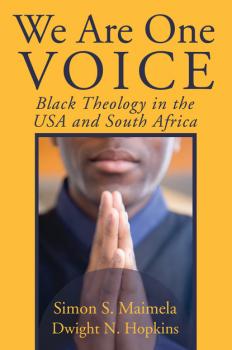Историческая литература
Различные книги в жанре Историческая литератураNew Mexico Episodes
These episodes are non-fiction accounts relating to New Mexico from the earliest visit by a priest, Fray Marcos de Niza, sent by the Viceroy of New Spain in 1539, to the unwelcome intrusion of an enemy saboteur in World War I. Between these extremes we meet a witness who recalls details of an abandoned dwelling whose owner lived there two hundred years earlier, newspaper accounts of a shoot-out at Pinos Atos and its bloody aftermath, a stage ride from Las Cruces to Silver City, and how cattleman John Chisum dealt with two knights of the road. Billy the Kid’s escape from the Lincoln County Courthouse is seen in a new light, and an introduction to the Lincoln County War will help the unfamiliar reader to understand what was truly a New Mexico horse opera, with tragic results. The role of the military in the nineteenth century is shown in a glimpse of life at one fort and the report of an Army scouting party that saw a part of the country prior to its settlement. And what would an anthology be without a dog story?
Performing History
Designed for a broad readership including scholars, performers and amateurs of musicIncorporates the most recent approaches of scholars doing groundbreaking work in the fieldUseful for students considering approaches to the study of musicWritten in an accessible and engaging way, suitable for non-specialists
The Project of Return to Sepharad in the Nineteenth Century
This work, the fruit of intense research work spanning several years, examines the first serious attempt by the descendants of the Sephardim—the Jews expelled from Spain in 1492—to “return to Sepharad” more than three decades after the abolition of the Inquisition. At the beginning of the nineteenth century a trend towards historical revisionism, backed by Liberals, whose influence was pivotal at the Cortes de Cádiz (the national assembly convened to assert Spanish sovereignty, introduce reform, and establish a modern Spanish nation), combined with economic factors, culminated in the abolition of the Inquisition in 1834. This paved the way, ideologically, for the freedom of worship to be proclaimed in Spain on the heels of La Septembrina, or La Gloriosa , the September Revolution of 1868 in which Queen Isabel II was deposed. European Sephardic Jews, galvanized by their perception of a tolerant Spain, decided to undertake a major project to initiate negotiations with the Spanish state.
A University of Tradition
A University of Tradition is a fascinating compilation of history, customs, pictures, and facts about Purdue University from its founding in 1869 to the present day. Covering all aspects of Purdue, from the origin of the nickname of its students and alumni-Boilermakers-to a chronological list of all buildings ever constructed on the campus of West Lafayette, Indiana, this book presents the ultimate insider's guide to one of the world's great universities. It contains a wealth of facts about student, academic, sporting, and campus traditions, as well as biographical information on all the University presidents and other members of Purdue's family, including David Ross, Neil Armstrong, Eliza Fowler, Jack Mollenkopf, Helen Schleman, and Amelia Earhart. A University of Tradition spotlights many items that will spark the memories of any Purdue alumnus or fan. No matter if you were in the «All-American» Marching Band, lived in the Quad, participated in Grand Prix, wrote for the Purdue Exponent, or were on campus when the Boilermakers won the 1967 Rose Bowl, you will appreciate and enjoy this book. The second edition is fully updated for 2012 and includes information about new landmarks, new traditions, and the incoming twelfth president of the University.









